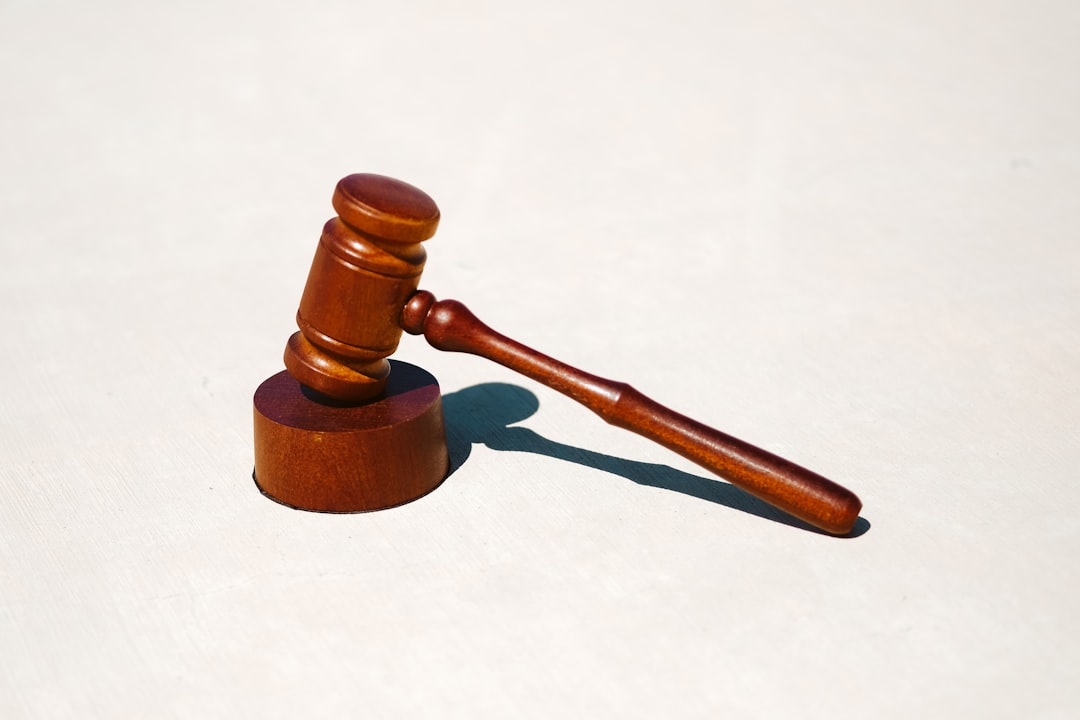Social media evidence is a powerful tool for Florida's rape law firms, aiding in uncovering critical information in complex cases. However, its admissibility and ethical handling are governed by stringent guidelines focusing on relevance, authenticity, and fairness. While successful convictions have resulted from digital evidence, such as Instagram posts, privacy concerns and proper authentication remain key challenges. Rape law firms must navigate these complexities to achieve justice while respecting individual privacy rights in the evolving digital landscape.
In the digital age, social media evidence plays a pivotal role in Florida rape cases. This article delves into the legal implications of using digital platforms as a source of proof, exploring the intricate balance between leveraging online data and upholding due process. We examine the specific legal framework within Florida, the ethical considerations it raises, and present case studies showcasing both successful and unsuccessful court outcomes. For insights from a rape law firm in Florida, stay informed on the evolving landscape of digital evidence in sexual assault cases.
Understanding Social Media Evidence in Rape Cases

Social media evidence has become an integral part of modern legal proceedings, especially in complex cases like rape. In Florida, a rape law firm may leverage various digital platforms to uncover and present compelling evidence. This includes messages, photos, videos, and online activities that can either validate or challenge accusations. For instance, social media posts can provide insights into the victim’s state of mind before and after the incident, while location tags might corroborate or contradict the alleged timeline.
However, handling social media evidence in rape cases requires meticulous care to ensure its admissibility and fairness. Florida courts have established guidelines for the admission of such digital evidence, focusing on relevance, authenticity, and potential prejudice. Rape law firms must navigate these complexities, ensuring that any online information presented is not only legally sound but also ethically responsible, ultimately aiming for a just outcome in court.
Legal Framework for Using Digital Evidence in Florida

In Florida, the legal framework for using digital evidence in rape cases is governed by state laws and court rulings. A rape law firm in Florida often navigates a complex landscape when presenting social media evidence. This includes understanding the rules of discovery, which mandate that both prosecution and defense have access to relevant evidence, ensuring fairness throughout the trial process. Furthermore, Florida courts have recognized the admissibility of digital evidence, such as social media posts, messages, and images, if they are deemed relevant and properly authenticated.
Expert testimony plays a significant role in establishing the authenticity and context of digital evidence. A rape law firm may engage computer forensics experts to testify on behalf of their client, ensuring that any online activities presented are accurately interpreted and understood by the jury. The legal framework also emphasizes the need for careful handling and preservation of digital records to maintain their integrity, which is crucial in high-stakes cases like rape trials.
Challenges and Ethical Considerations

The introduction of social media evidence in Florida rape cases presents unique challenges and ethical considerations for the legal system. With the abundance of digital information readily available, defense attorneys at reputable rape law firms in Florida now have access to a vast array of potential evidence, including private messages, photos, and online interactions. While this can strengthen their cases, it also raises concerns about privacy rights and the potential for bias or misinterpretation.
Navigating these complexities requires meticulous handling and adherence to strict legal guidelines. The court must ensure that any social media evidence is relevant, authentic, and obtained through proper legal channels to avoid violations of an individual’s rights. Ethical considerations include protecting the victim’s privacy, maintaining the integrity of digital evidence, and ensuring that the focus remains on the facts of the case rather than on sensitive personal information or preconceived notions.
Case Studies: Successes and Failures in Court

In Florida, the use of social media evidence in rape cases has seen both notable successes and failures in court. Rape law firms in Florida have leveraged social media platforms to uncover potential evidence, such as explicit messages, photos, and posts that can corroborate or refute allegations. In several high-profile cases, this strategy has led to convictions, demonstrating the effectiveness of digital forensics in strengthening rape cases. For instance, a 2018 case where a defendant’s Instagram posts were used to establish a pattern of harassing behavior ultimately resulted in a guilty verdict.
However, there have also been instances where social media evidence backfired. Defendants’ legal teams successfully challenged the admission of such evidence due to privacy concerns and lack of proper authentication. These cases highlight the delicate balance between utilizing digital trails for justice and respecting individual privacy rights. As technology advances, Florida’s rape law firms must continue to adapt their strategies, ensuring that social media evidence is handled ethically and admissibly in court.






